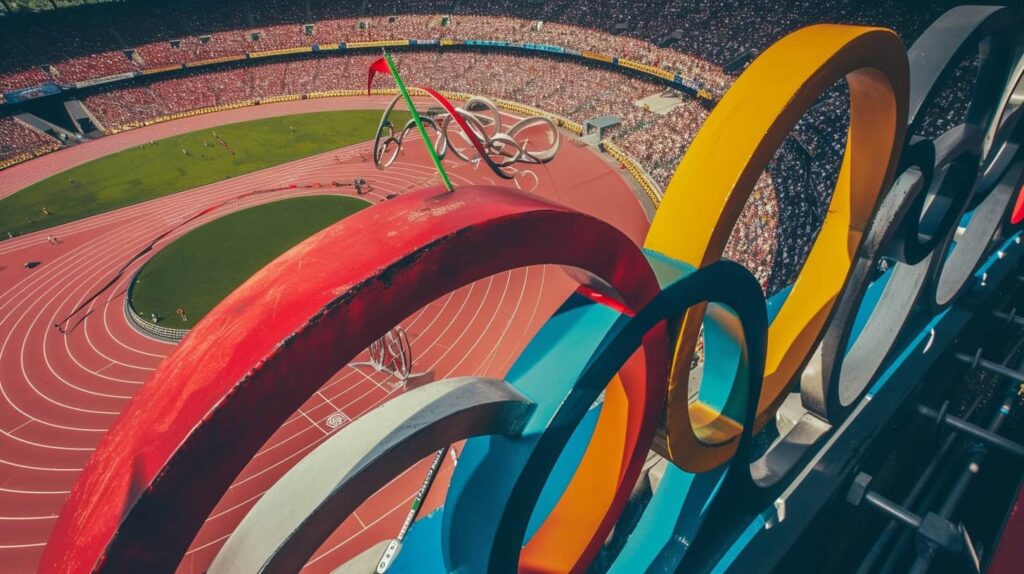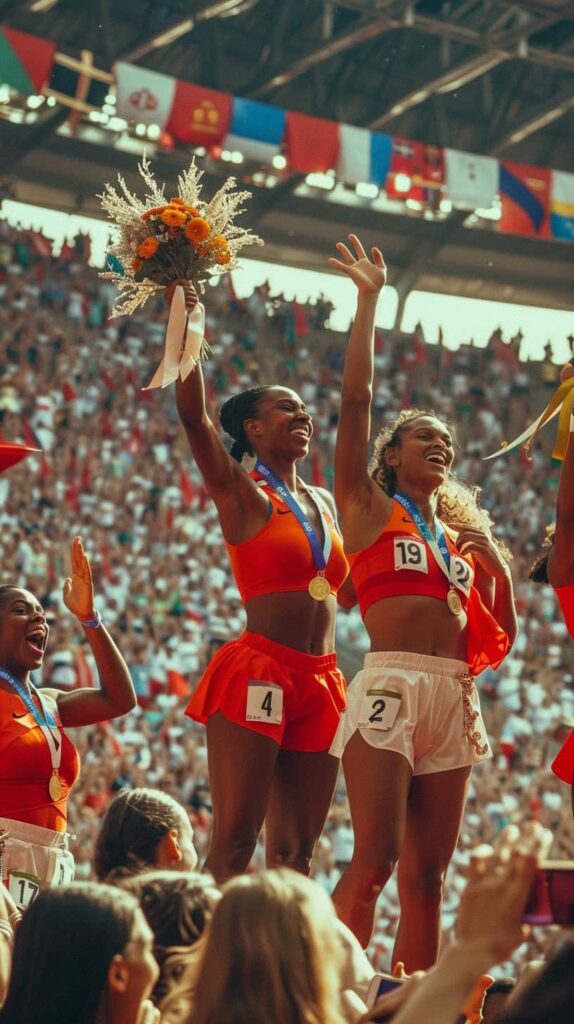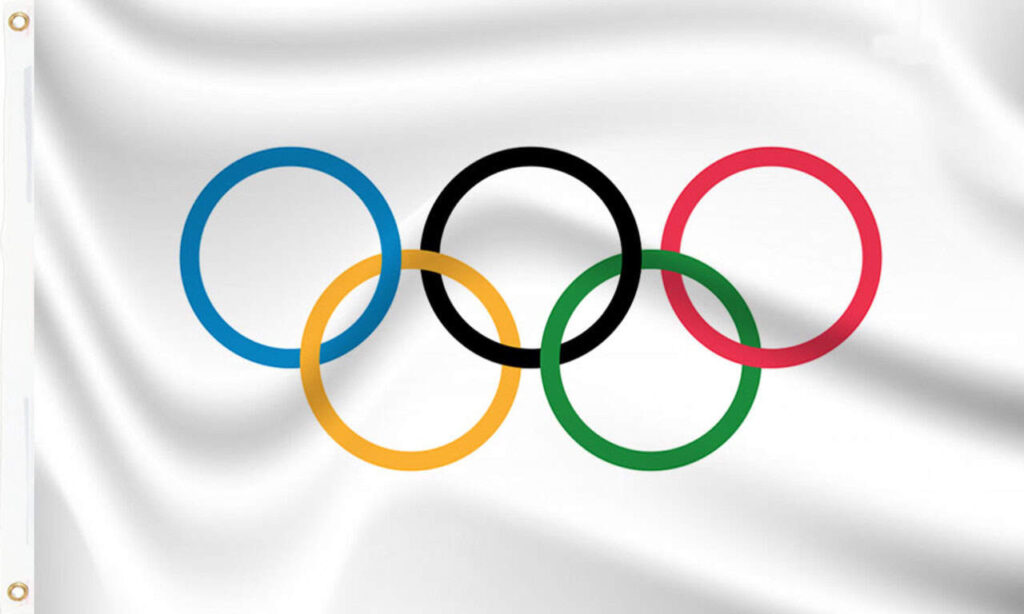It is essential to state that the Olympics are not only a competition of sports everywhere in the world but also a reflection of world history. Many sports produced in the frame of the Olympics, from Ancient Greece to the modern Games, have mutated in line with cultural change, technological advancement, and changing societal values. It is essential to grasp the pathway that such games have taken to view the present-day offering, a path that is as long as the history of civilization itself.
Origins of the Olympic Games

The earliest recorded Olympiad started at Olympia in Greece in 776 BC. Initially, these games were part of a religious festival honoring Zeus and featured just one event: a short foot race. The latter were exclusively only for men from Greek city-states. Over the years, the games became professional, enabling athletes to train full-time to win the olive wreaths. As the crowd keenly followed the athletic performances, people made informal bets and tried to predict the winners in the best online casino. Of course, they weren’t called that back then, but specific people collected bets.
First, it was not a simple triumph for the individual; pride in the city indicated God’s pleasure with that city. The early Olympics occurred every four years for almost 1100 years before they were stamped out by the Roman Emperor Theodosius in 393 AD.
The games remained inactive for over a thousand years until they were revived in the era that originated in the twentieth century. Today, spectators can have every update on their favorite athletes, performances, and betting odds on Melbet Instagram Bangladesh and other related pages. That immediacy keeps the buzz going, allowing spectators to interact with the games.
Transformation in the Middle Ages
The Olympic Games ceased to exist during the Middle Ages, but people’s passion for sports and competitions remained alive throughout Europe. With the rise of kingdoms and knightly traditions, new forms of athletic prowess emerged:
- Jousting: They fought on and participated in tournaments to demonstrate their prowess with the sword and horseback.
- Archery contests: These performances were not simply athletic. Many of them were related in some ways to warfare.
- Folk games: The local human showcases included theatrical and physical events called for strength, reflecting on the lives of medieval communities.
While the Games were ignored, such forms of competition prepared society for the revival of sports and games in the later centuries. The Middle Ages did not extinguish people’s ability to compete. On the contrary, the type of competition differed from what was known in Ancient Greece.
Modern Olympics Begin
These changes commenced with the revival of the Olympic Games in the modern format in 1896 more information. These games transformed into a giant global event with numerous disciplines and athletes from various ancient and current cultures participating.

Introduction of New Sports
As the bicameral was to be created, the need to incorporate more events into the modern Olympics by adding new sports that reflected new world interests emerged. Basketball was introduced in 1936, and the game was taken by storm in the shortest time possible. Volleyball arrived in 1964 and served to amplify the various activities conducted.
New amenities added life to the games like never before, for athletes from various nations sought to excel in these new disciplines. People started watching these events, placing their bets on which country would be at the top. Fans around the globe were waiting to know which new sport would come to the Olympics.
Evolution of Athletic Events
Regular physical activities, including racing, swimming, and weight lifting, also received facelifts in the modern Olympics. Measures were formalized, while synthetic track innovation and electronic timing enhanced equity. These changes made results more unexpected, which added more fun to spectators.
The audience was taken further into the competition by setting others up and creating new techniques. Such situations, accompanied by the unpredictability of such events and substantial athletes’ efforts, contributed to the spectators’ enthusiasm, many of whom staked on potential winners, creating additional interest.
The Role of Technology
In so many ways, technology has permeated and changed the Olympic Games in terms of performance and how fans and spectators watch them. Witness the equipment and data analysis on the next page to see the benefits. Key technological advancements include:
- Timing systems: Timer devices achieve correct results, with the option of a complaint or protest eliminated.
- Wearable tech: Today, sportspeople can measure heart rates, speed, and muscle power all while exercising.
- Instant replay: Fans and officials can look at critical moments and use them again to make the right judgments, increasing the competition’s drama and intensity.
These innovations have improved performance and increased interest through the excitation of activities for watchers and gamblers.
Cultural Impact of the Olympics
The Olympics have always been about something apart from a sporting event. Instead, they are more of a trending coming-of-age wherein cultures vary within continents and form universal links. The nature of the games makes athletes from different regions of the world respect each other due to their typical character.
The games create an opportunity to employ talents worldwide while promoting world peace. Every nation is the same on the field. Regardless of their countries’ animosity, athletes run, jump, and play side by side. The Olympics’ result of openness in cultural dimensions positively impacts people when they encourage a diverse artistic lifestyle.
Final Thoughts
Olympic sports-related development is an excellent example of human advancement. Demolished by religious ideas of old age as first directed only in metropolitan city contests while developing into modern brand-related spectaculars or technology-in-driven games, the games have become an international affair.


